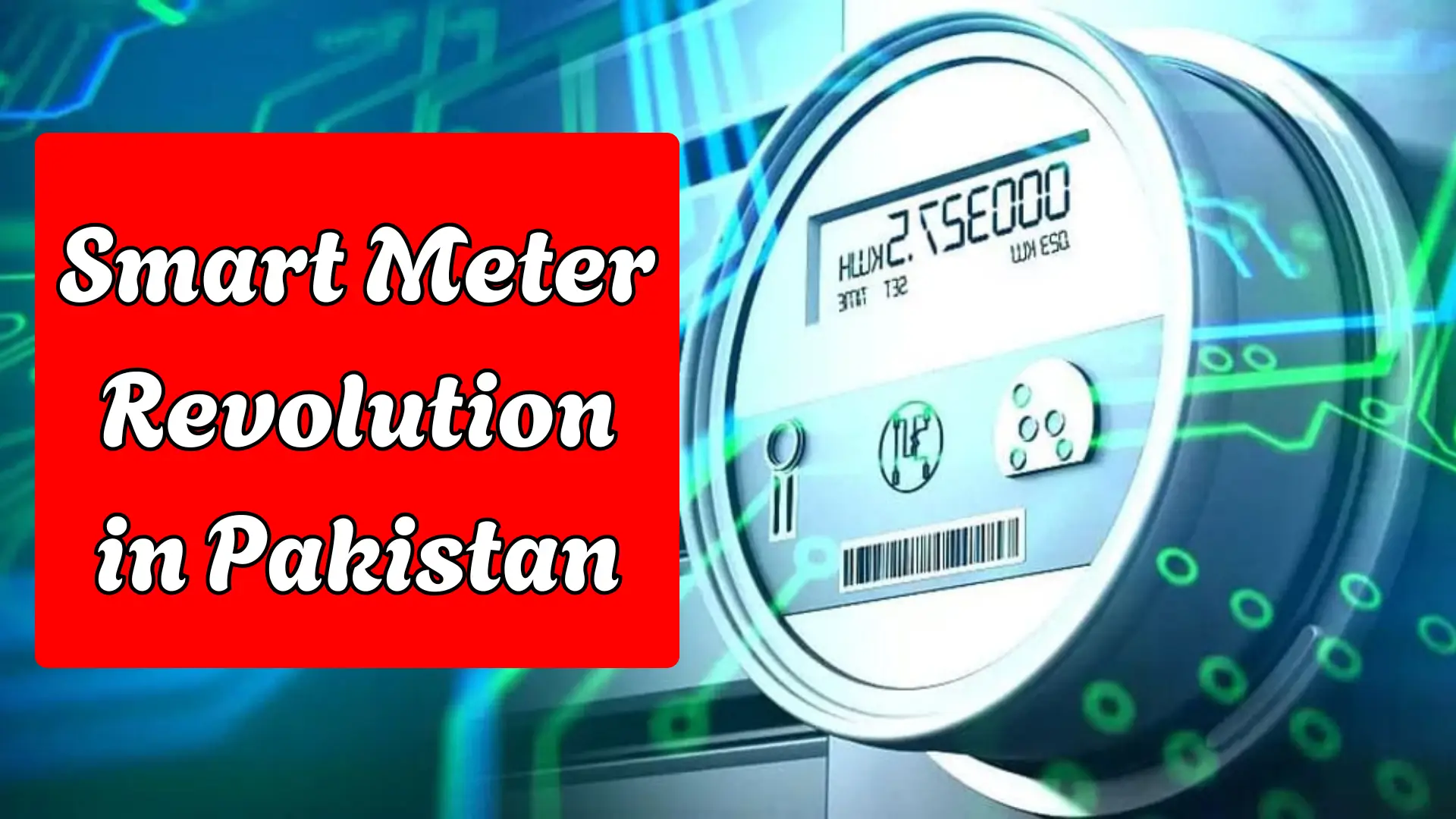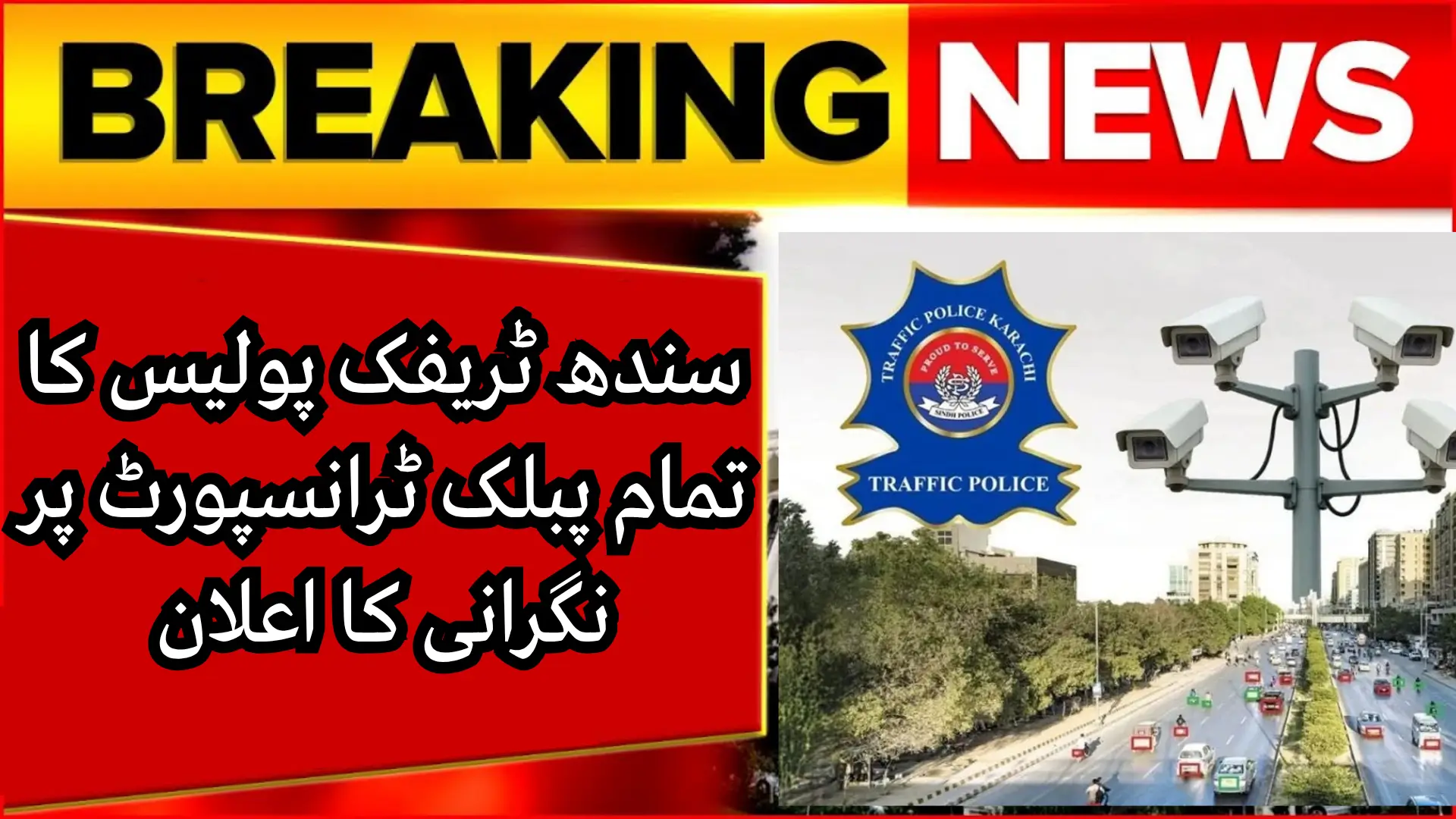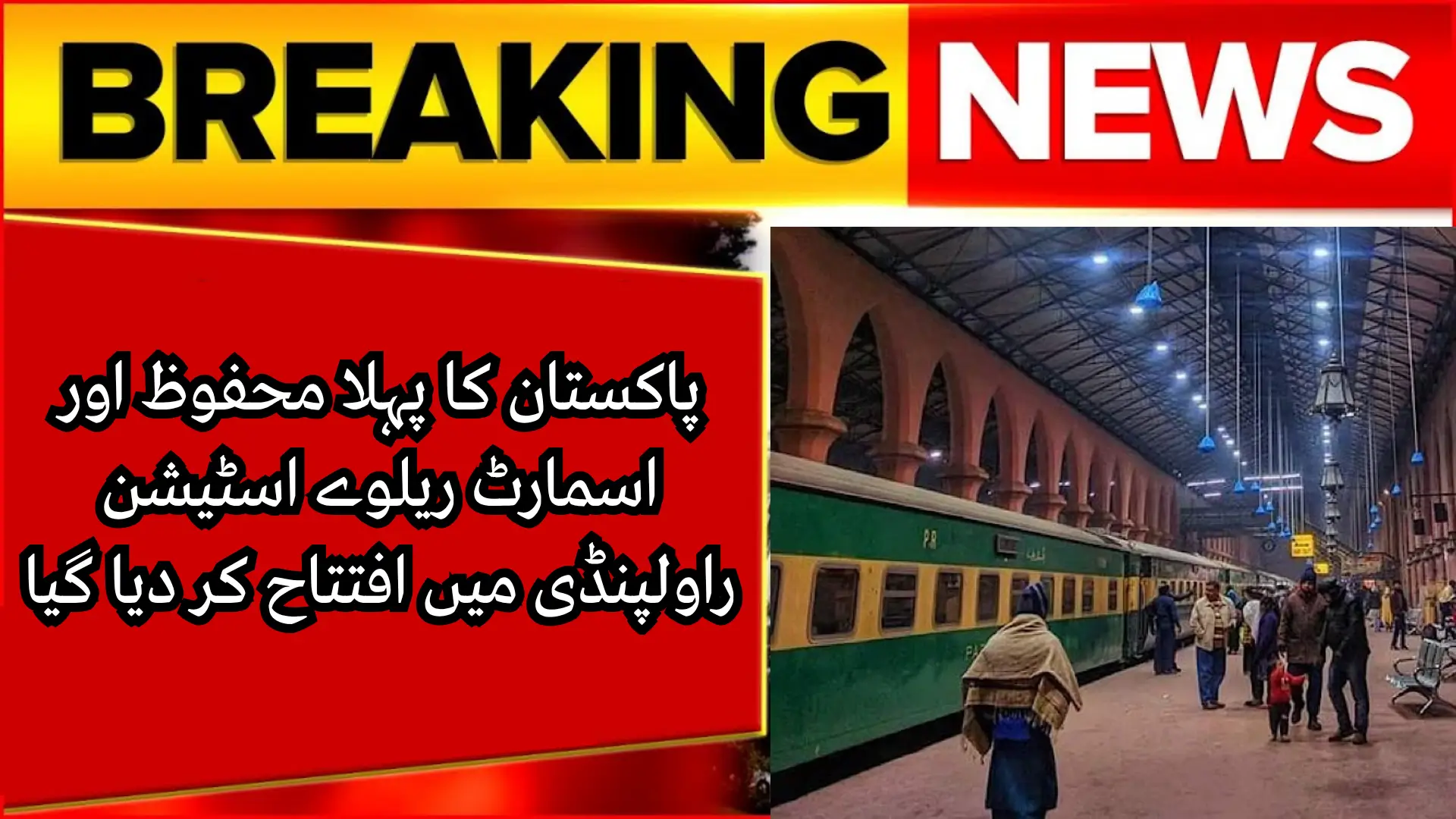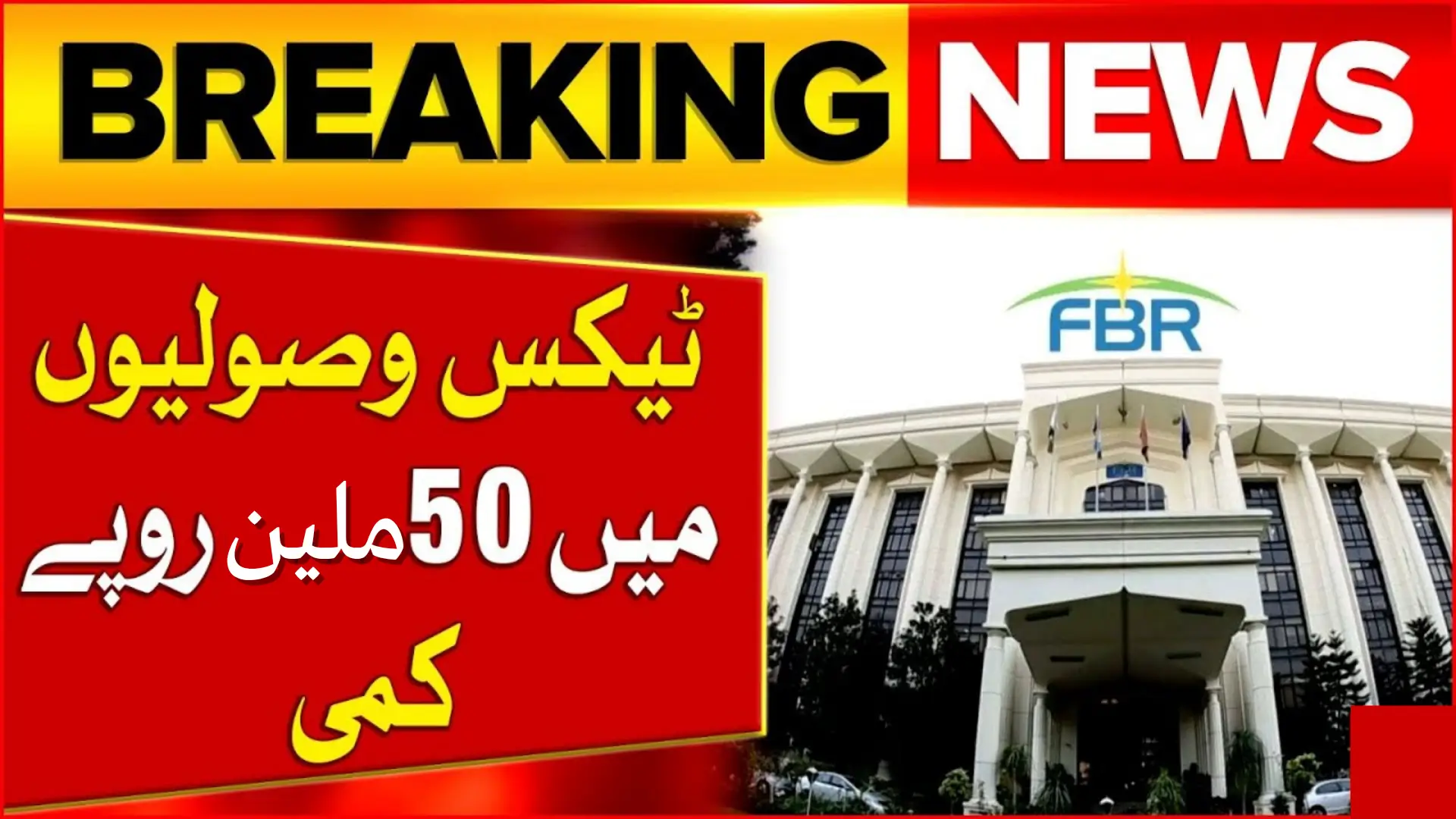Smart Meter Revolution in Pakistan: Govt Launches Nationwide Rollout After Major Price Cut. One of the most critical developments driving this program forward is the sharp reduction in smart meter prices. The government successfully brought down the cost of a single-phase smart meter from nearly Rs. 20,000 to Rs. 15,000, thanks to strict procurement reforms and competitive supplier engagement.
A senior energy official called this price reduction a “game changer,” explaining that affordability finally made large-scale deployment feasible. With over 80% of Pakistan’s 38 million electricity users relying on single-phase meters, the rollout aims to replace at least five million meters annually, potentially saving Rs. 25 billion per year in operational and billing inefficiencies.
Manual Reading to Be Phased Out
The new smart metering system will gradually eliminate the need for manual meter reading — a long-standing source of disputes and human error.
Instead, meter readings will be transmitted remotely in real time, ensuring billing accuracy and immediate fault detection.
For consumers, this change means:
- Fewer billing complaints
- Faster detection of power theft and faults
- No need to visit electricity offices for corrections
As one Lahore resident expressed, “If this system works properly, people will finally stop running after billing offices every month.”
Real-Time Tracking Through Mobile Apps
The Ministry of Energy has also announced the introduction of mobile applications that will allow users to track electricity usage live. Consumers will be able to monitor consumption patterns, detect high-usage devices, and manage bills efficiently.
Energy analysts believe this digital transparency could promote household-level energy conservation, as users become more conscious of real-time usage.
“When people see their bill rising unit by unit, they’ll start switching off unnecessary lights and appliances,” said one industry expert.
A Major Step Toward Digital Pakistan
Beyond the technical advancements, this project aligns with Pakistan’s broader Digital Transformation Vision.
According to the Ministry of Energy, the smart meter rollout will:
- Improve operational transparency across DISCOs (Distribution Companies)
- Enable future smart grid technologies
- Enhance accountability and reduce corruption
- Strengthen consumer trust in billing and service reliability
Officials hinted that international competitive bidding may drive prices even lower and open opportunities for technology transfer to local manufacturers. This could make Pakistan a key player in South Asia’s smart energy ecosystem.
“Our goal is to deliver better service, fewer disputes, and more accountability,” the Ministry stated.
Public Reaction and Industry Insights
The public’s initial response to this rollout has been mixed yet hopeful. While some consumers welcome it as a “long-overdue modernization,” others express concerns about installation costs and technical support in rural areas.
Industry experts, however, view this as a pivotal long-term reform that will reshape Pakistan’s energy management. With neighboring countries like India and Bangladesh already digitizing their grids, Pakistan’s move positions it firmly on the regional innovation map.
“This is one of those quiet revolutions that people won’t notice overnight, but five years from now, it’ll completely change how electricity billing works in Pakistan,” said an energy consultant.
Benefits of Smart Meter Rollout in Pakistan
| Feature | Benefit for Consumers | Benefit for Government |
|---|---|---|
| Automated Meter Reading | No manual errors, accurate bills | Reduces field staff workload |
| Real-Time Usage Monitoring | Track power usage live | Improves demand forecasting |
| Transparent Billing | Eliminates disputes | Builds public trust |
| Cost Efficiency | Fair billing and control over usage | Saves billions annually |
| Energy Conservation | Encourages responsible usage | Supports national energy goals |
How the Smart Meter Revolution Impacts You
For ordinary citizens, the smart meter revolution means:
- Transparency: You can see your actual consumption instead of relying on estimated bills.
- Convenience: No need to submit readings or visit billing offices.
- Savings: By monitoring usage, households can cut down unnecessary electricity waste.
- Accountability: Tampering and meter fraud will be easier to detect and penalize.
For industries and commercial consumers, smart meters enable data-driven energy management, improving cost control and sustainability reporting.
Challenges Ahead
Despite the positive outlook, experts note several challenges that could slow implementation:
- Upfront Installation Costs: For low-income consumers, the Rs.15,000 cost may still be significant.
- Technical Capacity: DISCOs must upgrade digital infrastructure and staff training.
- Consumer Awareness: The public needs education on using smart meters and apps effectively.
- Cybersecurity Risks: As data goes online, strong safeguards are required to prevent misuse.
If these issues are addressed proactively, Pakistan could fully leverage the benefits of digital metering
FAQs About Pakistan’s Smart Meter Rollout
Q1. What is the cost of a smart meter in Pakistan in 2025?
The cost of a single-phase smart meter has been reduced to Rs.15,000 after procurement reforms by the Ministry of Energy.
Q2. Will consumers have to pay for smart meter installation?
Exact payment models are yet to be finalized, but the government aims to make installations affordable and may offer subsidies.
Q3. Can I monitor my electricity usage on my phone?
Yes. Consumers will soon be able to track real-time usage and manage their bills via official mobile applications.
Q4. How many meters will be replaced each year?
The government plans to replace five million meters annually, targeting full coverage within a few years.
Q5. How will smart meters improve billing accuracy?
They transmit real-time readings directly to the system, removing the need for manual readings and reducing errors.
Conclusion
With lower meter prices, real-time tracking, and automated accuracy, Pakistan’s nationwide smart meter rollout signals a true breakthrough in the power sector. If implemented efficiently, it will eliminate decades of overbilling, bring digital transparency, and move the nation closer to a smart, tech-driven energy ecosystem, one meter at a time.

















